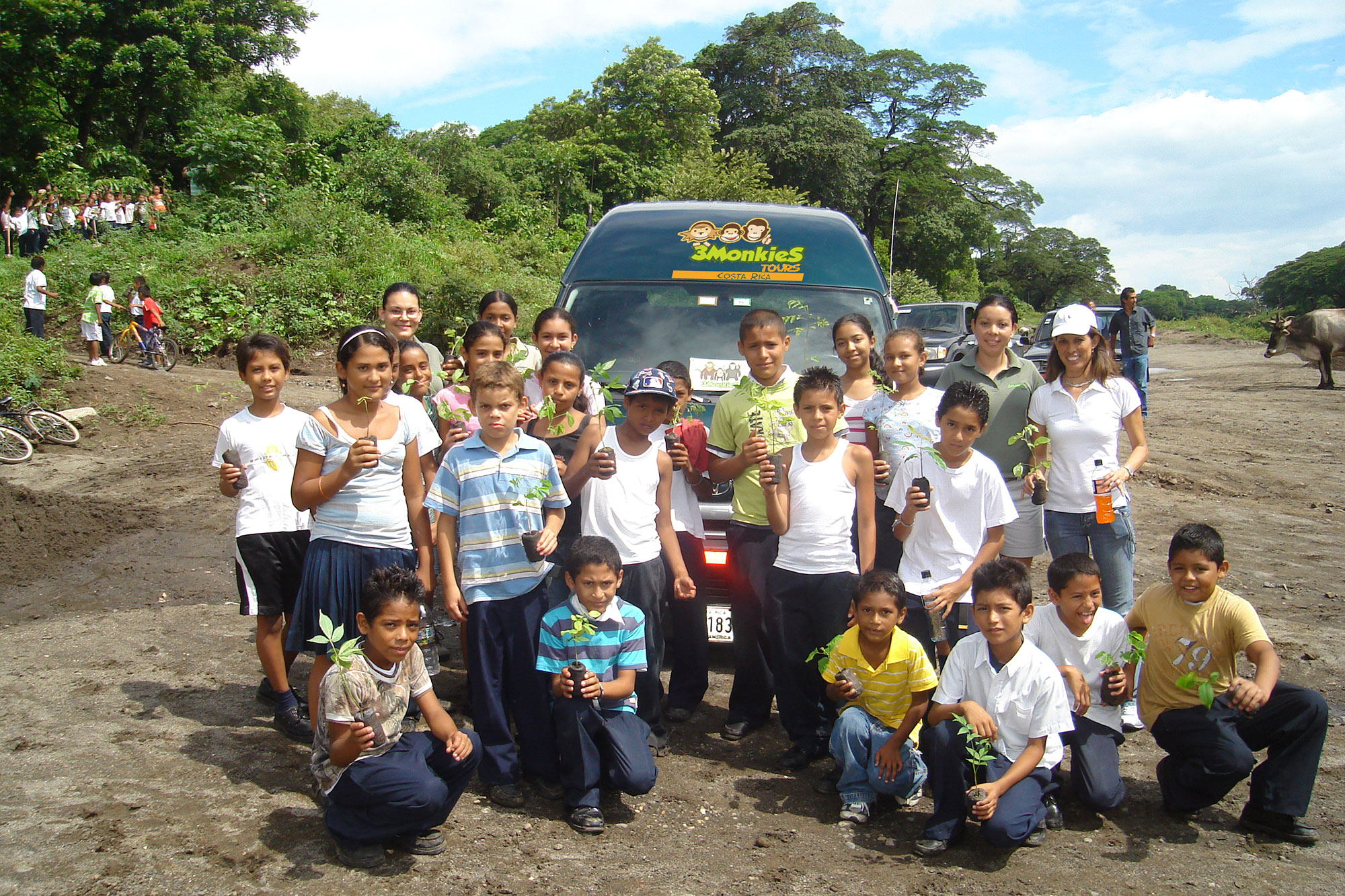What Is Sustainable Tourism?
Sustainable tourism in its purest sense, is an industry which attempts to make a low impact on the environment and local culture, while helping to generate income, employment, and the conservation of local ecosystems. It is responsible tourism that is both ecologically and culturally sensitive.
Sustainability Principles:
Sustainability principles refer to the environmental, economic, and socio-cultural aspects of tourism development, and a suitable balance must be established between these three dimensions to guarantee its long-term sustainability. Thus, sustainable tourism should.
- Make optimal use of environmental resources that constitute a key element in tourism development, maintaining essential ecological processes and helping to conserve natural heritage and biodiversity.
- Respect the socio-cultural authenticity of host communities, conserve their built and living cultural heritage and traditional values, and contribute to inter-cultural understanding and tolerance.
The United Nations World Tourism Organization defines sustainable tourism as tourism that meets the needs of present tourists and host regions while protecting and enhancing opportunity for the future. Rather than being a type of product, it is an ethos that underpins all tourism activities. As such, it is integral to all aspects of tourism development and management rather than being an add-on component
The objective of sustainable tourism is to retain the economic and social advantages of tourism development while reducing or mitigating any undesirable impacts on the natural, historic, cultural or social environment. This is achieved by balancing the needs of tourists with those of the destination.
What is 3 Monkies Tours doing as a responsible sustainable tour operator?
- Waste minimization, reuse, recycling.
- Energy and transport efficiency.
- Water saving
- Conservation.
- Involvement of staff, communities, and customers in environmental issues.
- Participating and supporting local small businesses.
- Respecting and promoting the legislation concerning to illegal extraction and captivity of wild animals and plants, deforestation, hunting, fishing, environmental pollution, as well as the illegal captivity of wild animals and plants.
- Designing sustainable tour programs for our customers, to reduce the impact of tourism.
- Joining and contributing to partnerships for sustainable development.
Recommendations for visitors in wilderness or protected areas:
- Do not litter or leave waste material of any kind.
- Do not feed wild animals.
- Do not remove plants, animals or other of its natural environment.
- Try not to start fireplaces, and if must; use only areas where it is allowed.
- The entry of pets to any protected area is prohibited.
- Walk only on the trails and remain quiet.
- Do not wear clothes with bright colours to avoid disturbing the process of pollination.
- Do not use synthetic repellents or chemicals, and if you do, should use biodegradable ones.
- Respect regulations established for visitors in Wilderness Protected Area.


